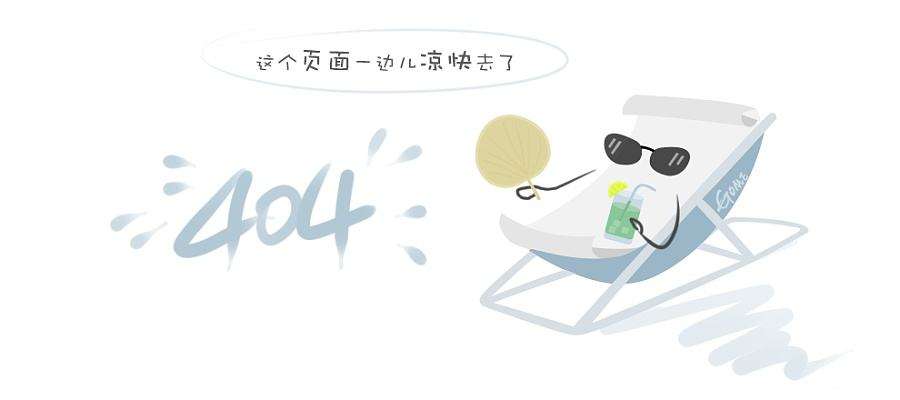medical image registration
medical image registration is the process of aligning multiple medical images, volumes, or surfaces to a common coordinate system. in medical imaging, you may need to compare scans of multiple patients or scans of the same patient taken in different sessions under different conditions. use medical image registration as a preprocessing step to align the medical images to a common coordinate system before you analyze them.
scenarios for medical image registration
classification by type of misalignment
translation registration - required when the two images, volumes, or surfaces differ by a global shift common to all pixels, voxels, or points.

rigid registration - required when the two images, volumes, or surfaces differ by a global shift and a global rotation common to all pixels, voxels, or points.

similarity registration - required when the two images, volumes, or surfaces differ by a global shift, a global rotation, and a global scale factor common to all pixels, voxels, or points.

affine registration - required when the two images, volumes, or surfaces differ by a global shift, a global rotation, a global scale factor, and a global shear factor common to all pixels, voxels, or points.

deformable registration (also known as non-rigid registration) - required when the images, volumes, or surfaces differ by local transformations specific to certain pixels, voxels, or points.

classification by type of input
image registration - aligns 2-d grayscale images.
volume registration - aligns 3-d intensity volumes.
surface registration - aligns surfaces extracted from 3-d intensity volumes.
groupwise registration - aligns slices in a series of 2-d medical images, such as a timeseries, to reduce sliding motion between the slices.
functions for medical image registration
medical imaging toolbox™ provides various functions for medical image registration.
| function | type of misalignment | type of input | function details | method |
|---|---|---|---|---|
translation rigid similarity affine | 2-d grayscale images 3-d intensity volumes | specify configuration using . transform returned by . | optimization-based technique. regular step gradient descent optimizer with mean squares metric for monomodal configuration. one-plus-one evolutionary optimizer with mattes mutual information metric for multimodal configuration. | |
translation rigid | surfaces | transform returned by function itself. | optimization-based technique. uses the iterative closest point (icp) algorithm. | |
translation | 2-d grayscale images 3-d rgb images | transform returned by function itself. | fast registration technique. uses median threshold bitmap (mtb) method. suitable for monomodal and multimodal images. | |
translation rigid similarity | 2-d grayscale images 3-d intensity volumes | transform returned by function itself. | fast registration technique. uses moment of mass method, with the option to also use the median threshold bitmap (mtb) method. suitable for monomodal and multimodal images and volumes. | |
deformable | 2-d grayscale images 3-d intensity volumes | displacement field returned by function itself. | deformable registration technique. uses a diffusion-based demons algorithm. | |
deformable | 2-d grayscale images 3-d intensity volumes | displacement field returned by function itself. | deformable registration technique. uses the isotropic total variation regularization method. | |
deformable | 3-d image series consisting of 2-d slices | does not require a reference image. displacement field returned by function itself. | groupwise registration technique. uses the isotropic total variation regularization method. | |
translation rigid similarity | 2-d grayscale images 3-d rgb images | function returns only the transform. use to apply the transformation and get the registered image. | fft-based technique. uses the phase correlation method. |
see also
functions
- | | | | | | | | | |
